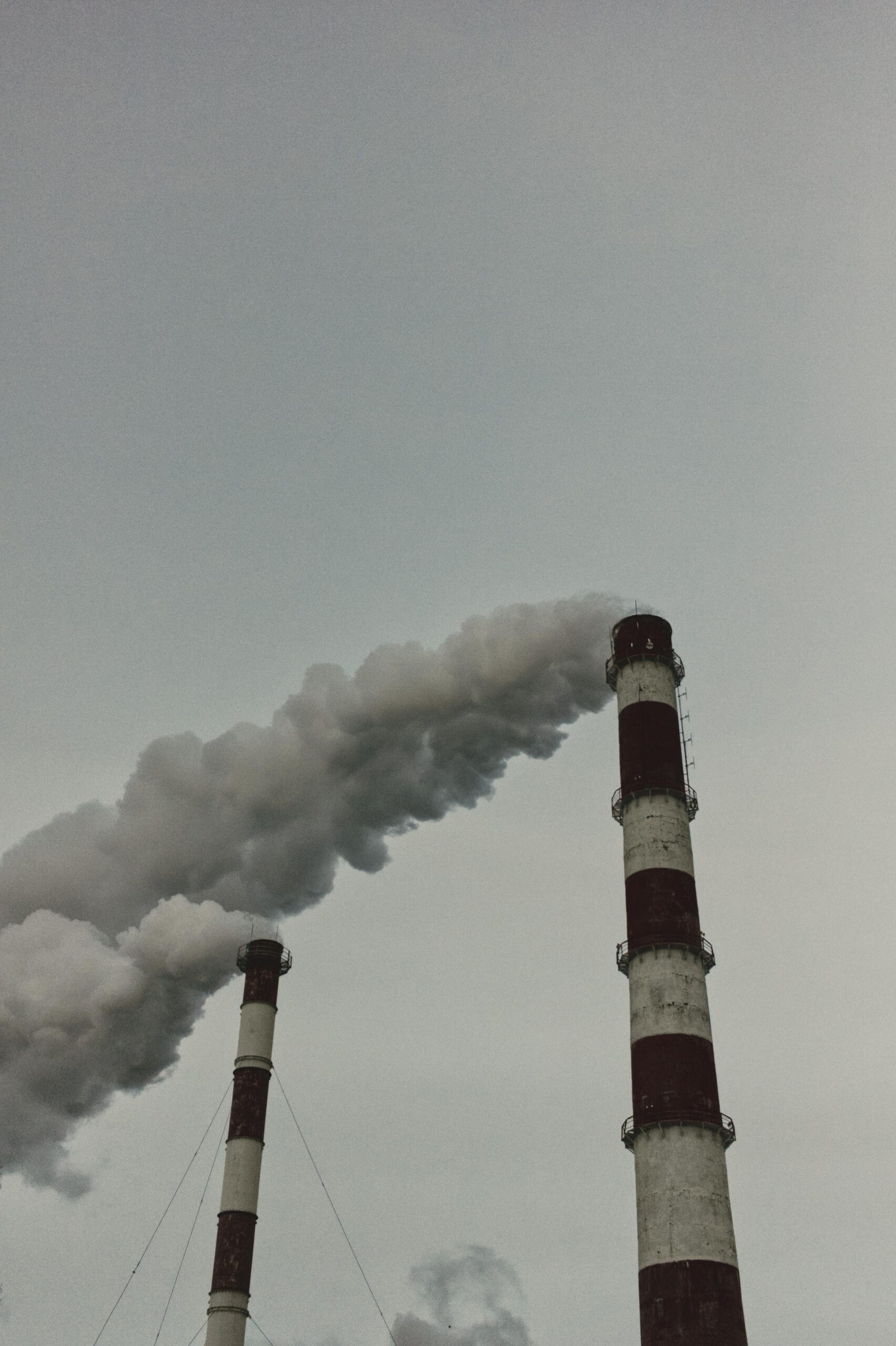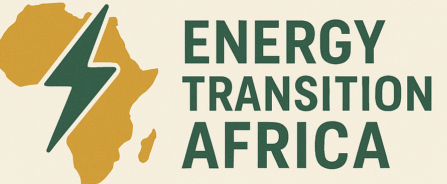Natural Gas in Africa: Bridge Fuel or Obstacle to Clean Energy?

In many African countries, natural gas is being hailed as a practical answer to a pressing question: How do we grow our economies, light up our cities, and still join the fight against climate change?
But that answer is not as simple as it sounds.
Depending on who you ask, natural gas is either a crucial stepping stone or a risky detour — a so-called “bridge fuel” that could, in fact, burn the very bridge we’re trying to cross toward clean energy.
So, which is it?
The Promise of Gas: Energy Now, Not Later
Let’s take Mozambique, for example. In the northern region of Cabo Delgado, the country sits on a fortune — over 180 trillion cubic feet of natural gas. For years, leaders have pointed to this reserve as a game-changer that could power homes, grow industries, and create jobs in one of Africa’s poorest nations.
And they’re not wrong. Natural gas does burn cleaner than coal or oil, and it can be tapped relatively quickly compared to building a continent-wide network of solar farms or wind turbines.
In Nigeria, the government recently rolled out a national Compressed Natural Gas (CNG) initiative. The idea is simple: swap out petrol for gas in cars, slash costs, and use what we already have underground. With over 100,000 vehicles converted, it’s gaining traction — but the road hasn’t been smooth. Infrastructure is patchy, awareness is low, and many drivers still queue at petrol stations out of habit and necessity.
Even South Africa, which has struggled with chronic electricity shortages, is considering liquefied natural gas (LNG) as a possible lifeline. Power utility Eskom and Sasol have signed an agreement to explore using gas to ease blackouts while gradually moving away from coal.
These examples tell a story: natural gas is helping to plug urgent gaps.
But that’s just one side of the story.
The Risks: Locking Ourselves into the Past?
Critics — and there are many — warn that natural gas could end up being more of a trap than a bridge.
Here’s why: building pipelines, terminals, and plants is expensive. Once that infrastructure is in place, governments are unlikely to abandon it anytime soon. That means we could be locking in decades of fossil fuel use, even as the rest of the world races toward renewables.
And while gas burns cleaner than coal, it still releases methane, a greenhouse gas that’s far more potent in the short term than carbon dioxide. Worse, many African oil and gas fields are less efficient and more polluting than the global average — meaning that our “cleaner fuel” might not be so clean after all.
There’s also a concern around equity. The big deals — like TotalEnergies’ project in Mozambique — often benefit foreign investors and urban elites, while rural communities face the risks: displacement, insecurity, and environmental degradation.
If gas is the bridge, some argue, it’s being built over the heads of the very people it’s supposed to uplift.
What Civil Society Is Asking
As someone working at the intersection of natural resources, governance, and justice, I believe this moment calls for tough questions and bold answers.
- Are we developing gas to serve people or profits?
- How do we balance short-term needs with long-term sustainability?
- Can we build a future that’s both green and fair?
Civil society organizations have a vital role to play here — demanding transparency, advocating for community inclusion, and holding both governments and companies accountable. We must ensure that any energy project, whether fossil or renewable, benefits the people on the ground, not just the balance sheets of investors abroad.
Let’s not forget: Africa has more solar potential than any other region on Earth. That’s not a footnote — it’s our superpower.
Final Thought: It’s Not Either-Or
The truth? Africa may need natural gas for now — but it must be used strategically and responsibly.
Gas should be a stepping stone, not a crutch. And that stepping stone should lead directly to a future powered by solar, wind, hydro, and innovation — not another generation of fossil fuel dependence.
In the end, Africa’s energy transition must reflect its unique realities: growing populations, uneven access, and the moral imperative to develop — but not at the planet’s or our people’s expense.
The bridge to clean energy must be built with justice, urgency, and vision. And it must be wide enough for everyone to cross.

